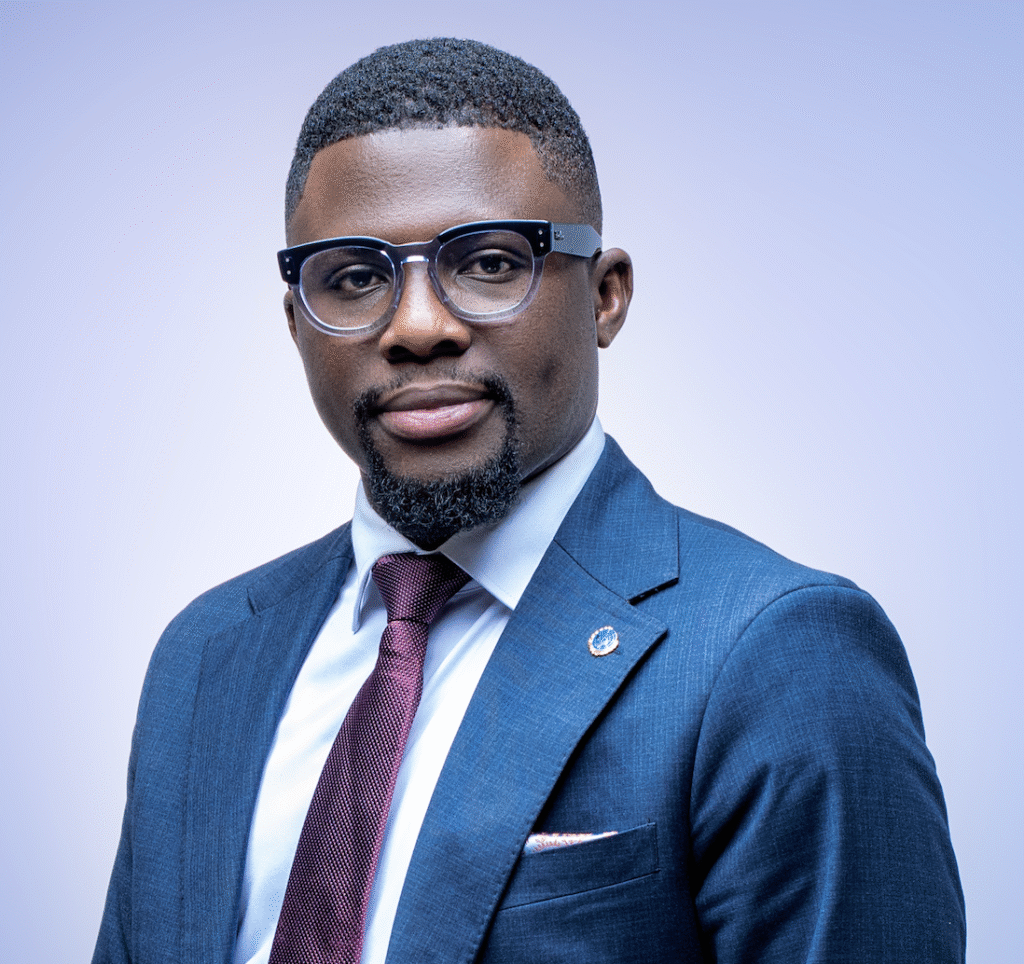On the morning of 1 March 1896, the chill of dawn clung to the mountains of Adwa. Mist rolled over the valleys as thousands of campfires burned low, their smoke rising into the sky. The ground trembled with the footsteps of men and women who had marched for days. They came from Shoa, Tigray, Wollo, Gojjam and beyond. Some carried rifles, others spears, many only faith and resolve. Priests raised wooden crosses high, women moved among the fighters with gourds of water and baskets of grain, and farmers stood shoulder to shoulder with seasoned warriors. They came because Emperor Menelik II and Empress Taytu had summoned them, not with promises of wealth but with the truth that if Ethiopia fell, their children’s freedom would fall with it.
Across the hills, the Italian Empire advanced with rifles, cannons and imperial arrogance. Their officers believed Ethiopia would be subdued before sunset, reduced to another colony on the map drawn in Berlin. Yet as the sun rose higher, horns echoed through the valleys. Menelik’s army surged forward, not as scattered provinces but as one nation. The battle raged for hours, the air thick with dust and smoke, but unity carried the day. By nightfall, seventeen thousand Italian soldiers were dead or captured. Adwa was not only a victory. It was a declaration that Africa, when united, could resist imperial conquest. A message written in blood and sacrifice, carried by historians into the memory of generations, proving that sovereignty can be defended when people stand together.
Africa knows this lesson. We have lived it, over and over again. Institutions fall not because they are weak, but because those who should defend them choose silence. AfriNIC’s wounds have shown us what happens when guardians sleep and when foreign hands find cracks in our foundations. Six million African IP addresses, siphoned away, were not taken in a single night. They were taken in broad daylight, through loopholes and complicity. That should never, ever happen again.
But this note is not an obituary. It is a call. AfroDIG, the African Dialogue on Internet Governance, is born from this urgency. It is not another platform to decorate our calendars. It is a shield, a meeting ground, a reminder that Africa will not surrender its digital sovereignty to silence or to outsiders who mistake our networks for terra nullius.
AfroDIG is where we gather governments, universities, civil society, innovators, and citizens to say clearly: our Internet is ours to govern. Our critical infrastructures are not bargaining chips. Our identifiers, our names, our numbers, our digital commons must remain African.
This is not about nostalgia for institutions. It is about survival. When routing collapses, hospitals go dark. When numbers are hijacked, banks stumble. When names are erased, states lose their voice in the digital arena. This is about sovereignty in the deepest sense, not the sovereignty written in treaties, but the one lived in cables, addresses, and the unseen architecture that lets Africa exist online.
We also remember those who came before us. The forefathers of African digital governance who dared to dream when the world doubted that Africa could build and run its own institutions. They planted the seeds of AfriNIC, of regional Internet governance forums, of research networks, of community exchanges. They stood at the intersection of policy and technology, insisting that Africa must have its own voice and its own space in the digital commons. AfroDIG rises in their spirit, honoring their sacrifices, and extending their vision into the future.
AfroDIG is not here to lament. It is here to organize. To speak before silence becomes complicity. To teach, to defend, to imagine, and to act. We will not wait for another wound to tell us that vigilance matters. We will not let another public good be drained while we debate the process. AfroDIG begins because the time for hesitation has ended.
In the coming weeks, we will organize a webinar to speak more openly about this vision, to listen to your voices, and to identify the regional leaders and the many who have stood quietly behind this dream. AfroDIG is not one person’s project. It is a collective work, a community effort, and a continental duty.
And so, to my fellow Africans, the message is simple: the village must wake while the house still stands. AfroDIG is our gathering place. Enter it. Shape it. Guard it. Make it breathe with your presence. Because the Internet we defend is not a machine. It is our memory, our identity, our sovereignty, our future.
The wolf will come again, with contracts, with lawsuits, with polished speeches. But this time, let it find a continent awake, united, and unafraid to say: You will not pass.
Aluta continua.
Comrade Emmanuel Elolo Agbenonwossi
Commonly known as Emmanuel Vitus
On behalf of the AfroDIG Team

